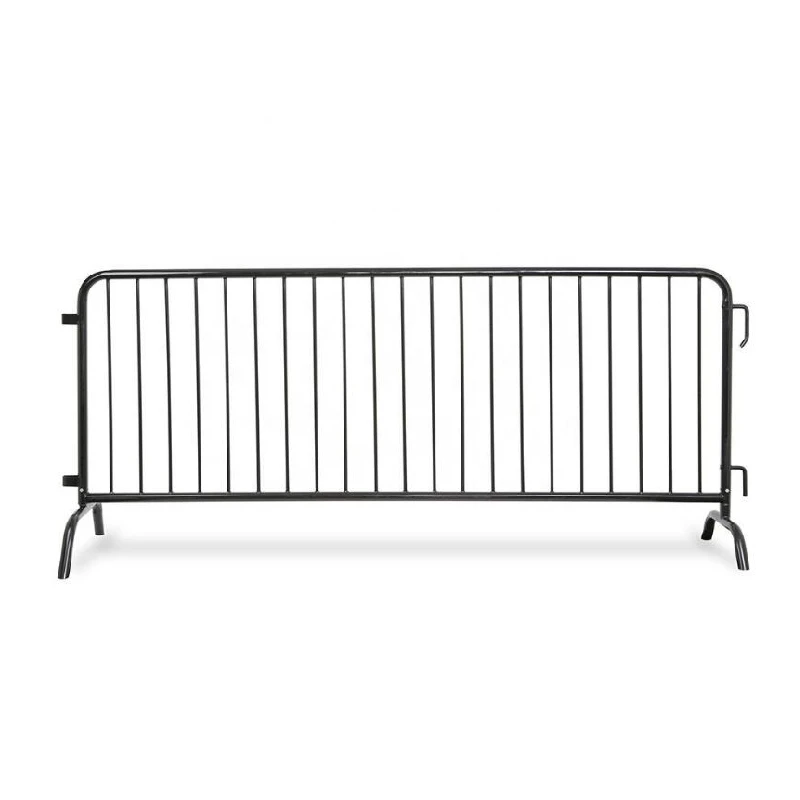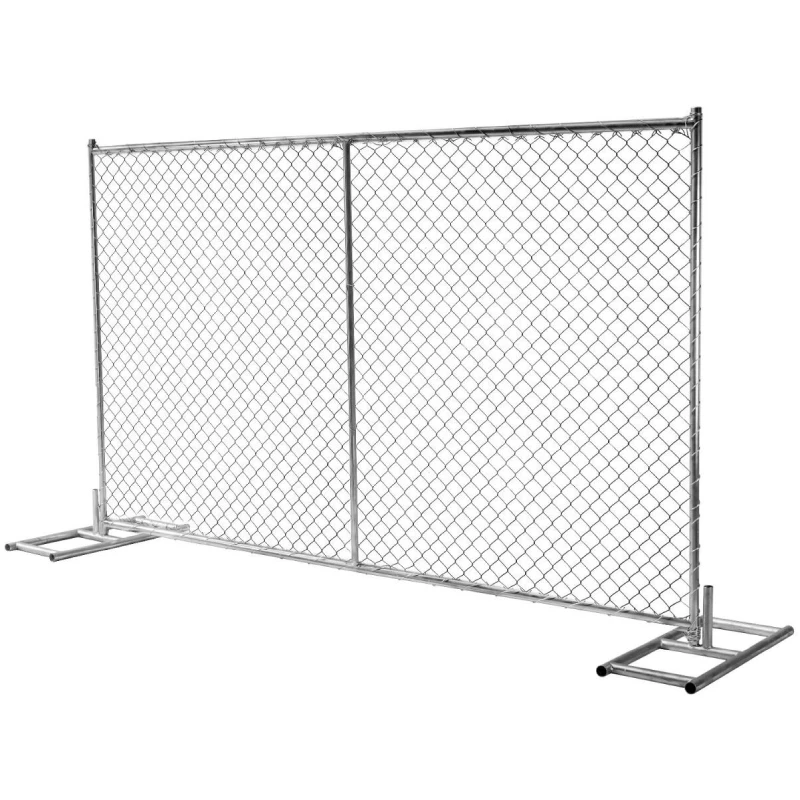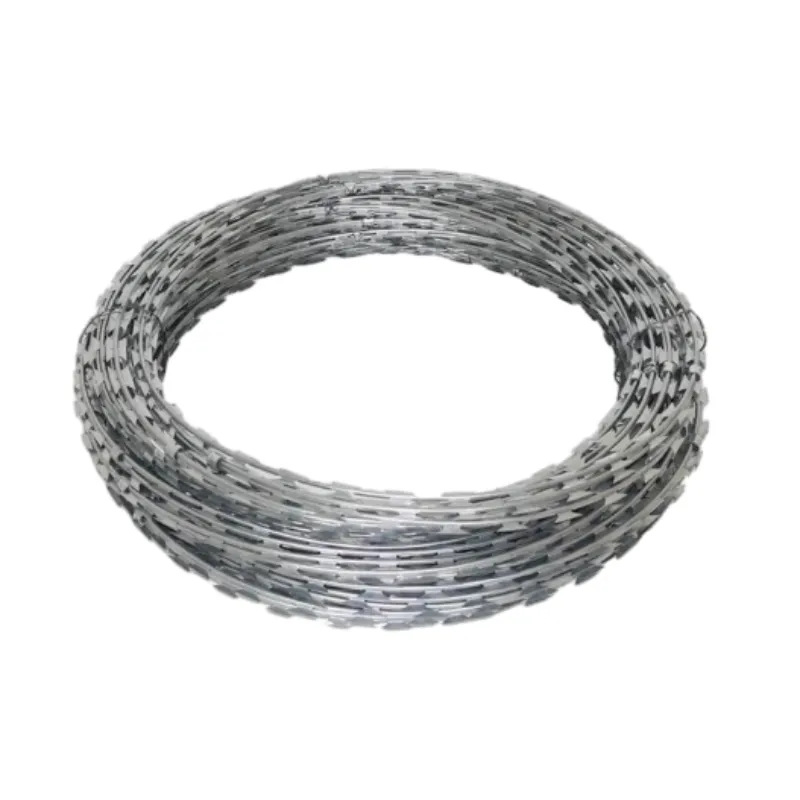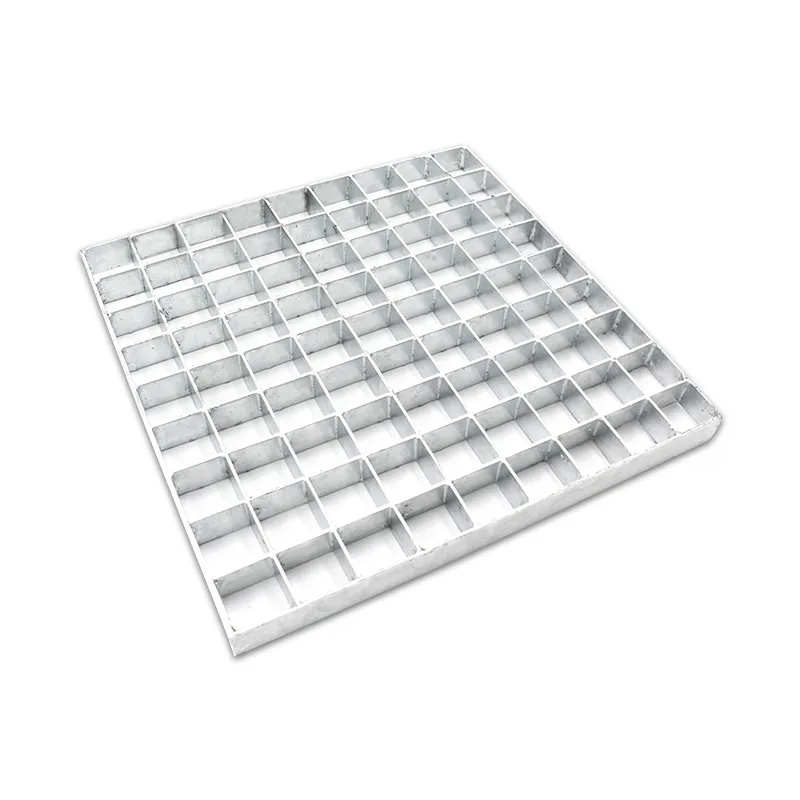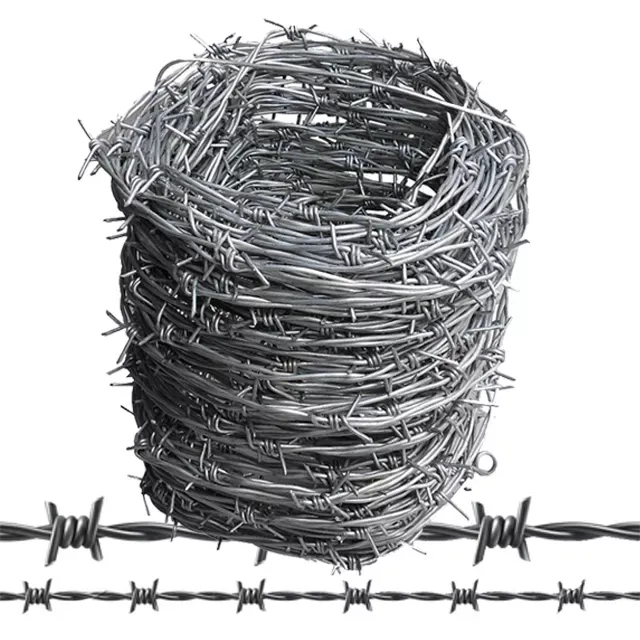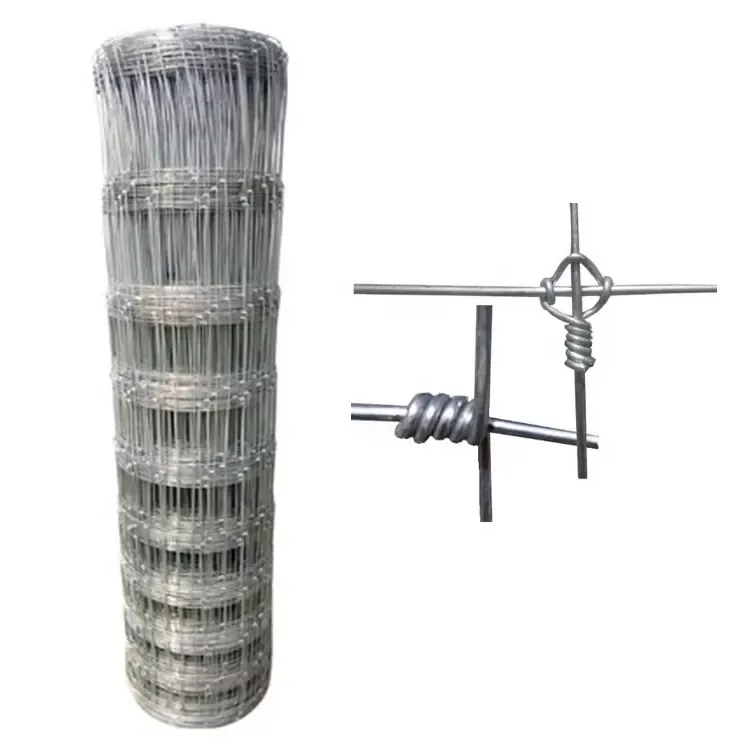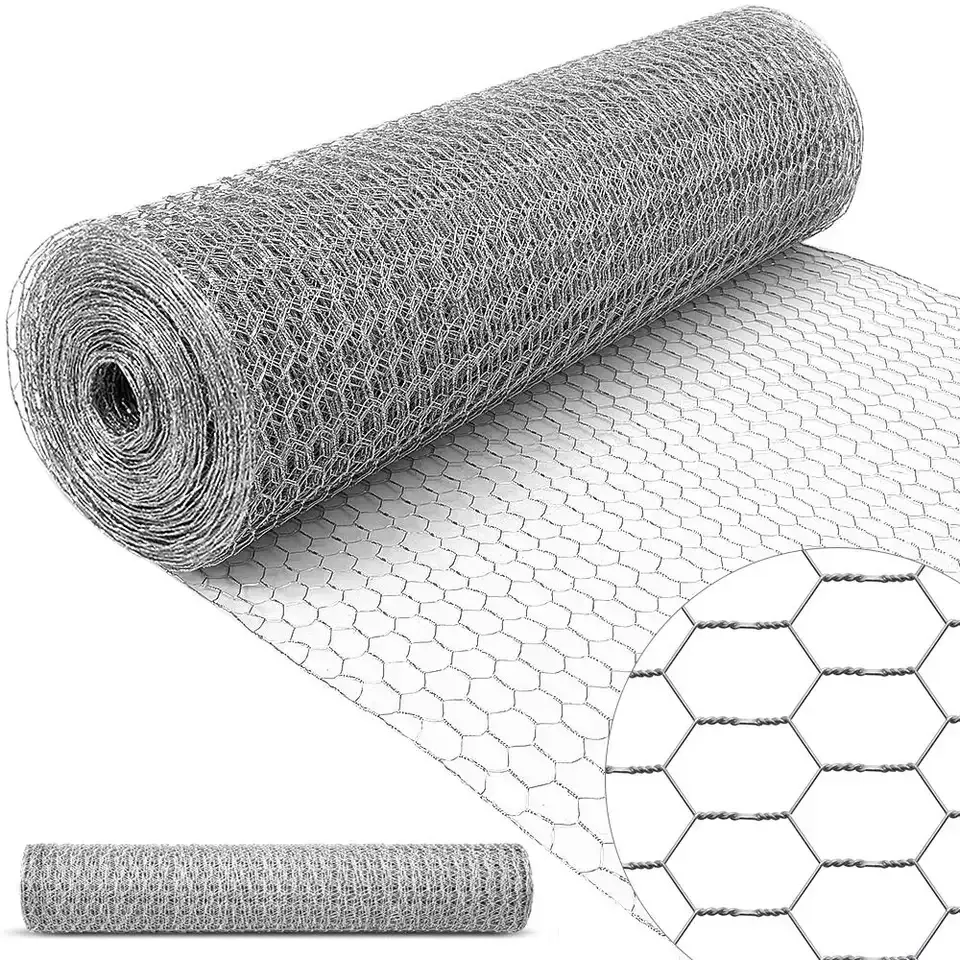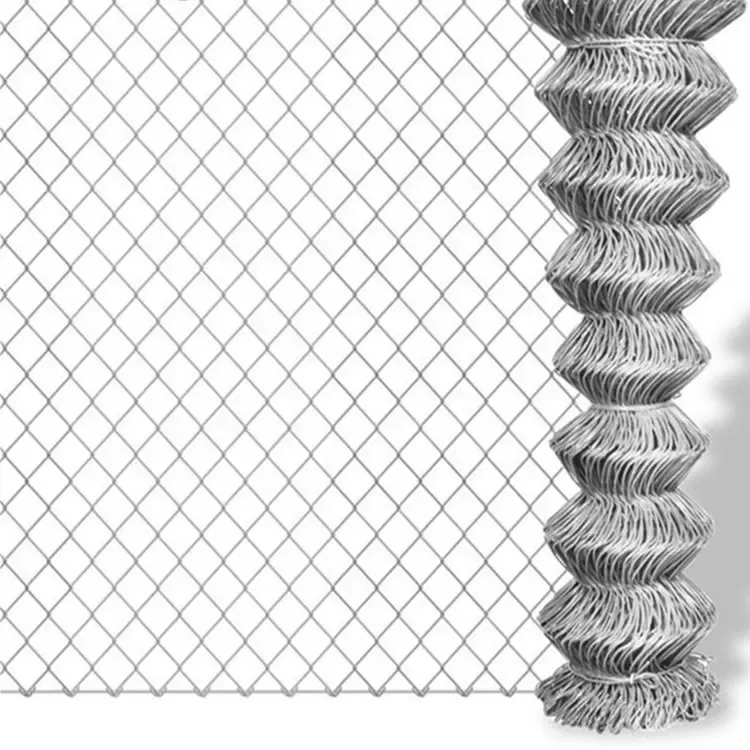
- Afrikaans
- Albanian
- Arabic
- Armenian
- Azerbaijani
- Basque
- Belarusian
- Bengali
- Bosnian
- Bulgarian
- Croatian
- Czech
- Danish
- Dutch
- English
- Esperanto
- Estonian
- Finnish
- French
- Galician
- Georgian
- German
- Greek
- hawaiian
- Hindi
- Hungarian
- Indonesian
- irish
- Italian
- Lao
- Latvian
- Lithuanian
- Luxembourgish
- Macedonian
- Maltese
- Myanmar
- Norwegian
- Polish
- Portuguese
- Romanian
- Russian
- Serbian
- Slovak
- Somali
- Spanish
- Swedish
- Thai
- Turkish
- Turkmen
- Vietnamese
Dic . 17, 2024 07:04 Back to list
welded wire mesh gauge
Understanding Welded Wire Mesh Gauge
Welded wire mesh is a versatile and durable material used in various applications ranging from construction to agriculture. One of the critical specifications that individuals and businesses must understand when selecting welded wire mesh is the gauge. The term “gauge” refers to the wire thickness expressed through a numerical system that dictates the strength and suitability of the mesh for different projects. This article will explore the importance of welded wire mesh gauge, its implications on performance, and how to choose the appropriate gauge for your needs.
What is Welded Wire Mesh?
Welded wire mesh consists of a grid of wires that are welded together at intersections. It provides a strong, rigid structure suitable for diverse purposes. The wires can be made from various materials, including steel, stainless steel, and galvanized iron, resulting in different characteristics, such as corrosion resistance. Welded wire mesh is commonly used for fencing, reinforcement in concrete, as well as in animal enclosures, gardening, and many industrial applications.
The Importance of Gauge in Welded Wire Mesh
The gauge of wire mesh plays a pivotal role in determining its strength, flexibility, and overall performance. The gauge system commonly used is a standard set of numbers where a lower number indicates a thicker wire. For instance, a 10-gauge wire is thicker than a 16-gauge wire. The choice of gauge directly impacts the mesh's ability to withstand stress and load, making it crucial for users to select the right gauge for their specific requirements.
Performance Implications of Different Gauges
1. Strength and Load-Bearing Capacity Thicker wires (lower gauge numbers) generally offer higher tensile strength and greater load-bearing capacity, making them ideal for heavy-duty applications, such as construction reinforcement. Conversely, thinner wires (higher gauge numbers) may be more suitable for lighter applications, like garden fencing.
2. Flexibility and Workability Thinner wires are typically more flexible and easier to work with, which can be advantageous in intricate designs or when adjusting the mesh on-site. On the other hand, thicker wires can be more challenging to cut and manipulate.
welded wire mesh gauge

3. Cost Considerations Wire gauge also influences the cost of welded wire mesh. Thicker wires usually incur higher material costs but may offer better long-term value in terms of durability and lifespan. It's essential for buyers to consider both upfront and long-term costs when selecting the appropriate gauge.
Choosing the Right Gauge
When determining the appropriate gauge for your welded wire mesh needs, consider the following factors
- Application Type Evaluate the specific requirements of your project. For instance, if you’re reinforcing a foundation, opting for a lower gauge (thicker wire) may be necessary. For decorative fencing, a higher gauge may suffice. - Environment Consider environmental factors such as moisture, exposure to chemicals, and potential physical damages that the mesh will face. Areas prone to corrosion may benefit from galvanized or stainless steel wire in a suitable gauge.
- Regulatory Standards Some industries and construction projects may have specific regulatory requirements governing the type of materials used, including wire mesh gauge. Ensure compliance with relevant codes and standards.
- Budget Evaluate your budget constraints, as different gauges will have varying costs associated with their purchase and installation.
Conclusion
In conclusion, understanding welded wire mesh gauge is fundamental for anyone looking to utilize this versatile material effectively. By grasping the implications of different wire gauges on strength, flexibility, and cost, you can make informed decisions that enhance the durability and performance of your projects. Whether for construction, agriculture, or other applications, selecting the right gauge will ensure that your welded wire mesh meets the demands of your specific use case effectively.
-
Versatile Sheep and Livestock Hurdles for Sale
NewsApr.14,2025
-
The Rise of BRC Fencing
NewsApr.14,2025
-
High-Quality Cattle and Horse Panels for Sale
NewsApr.14,2025
-
Durable Cattle Fencing Solutions
NewsApr.14,2025
-
Double Wire Fencing Solutions
NewsApr.14,2025
-
360 Degree Protection with 358 Anti-Climb Fences
NewsApr.14,2025


